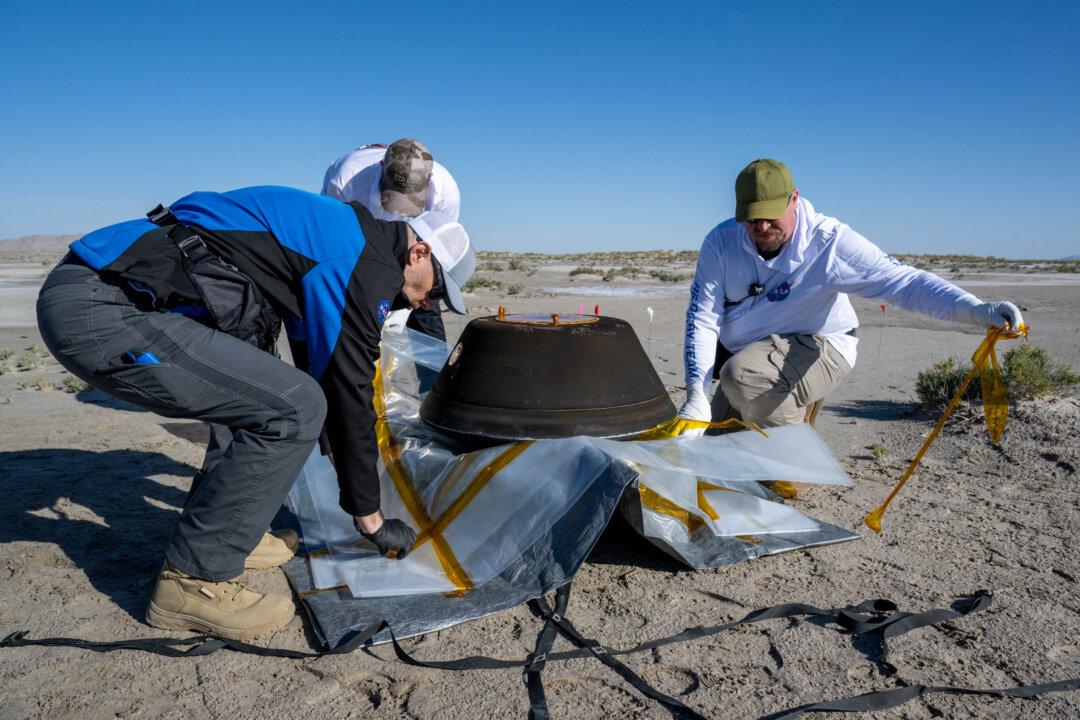The United States and the Chinese communist regime have been engaged in a series of retaliatory actions involving journalists in recent months.
In March, the Chinese regime expelled American journalists from three U.S. newspapers, a month after the United States said it would begin to treat five Chinese state-run media entities with U.S. operations the same as foreign embassies. One day after the U.S. verdict on the state-run entities, Beijing expelled three Wall Street Journal correspondents, two Americans and an Australian.
In issuing the new regulation on Friday, the Department of Homeland Security cited what it called the Chinese regime’s “suppression of independent journalism.”
The regulation, which will take effect on Monday, will limit visas for Chinese reporters to a 90-day period, with the option for extension. Such visas are typically open-ended and do not need to be extended unless the employee moves to a different company or medium.
A senior DHS official, who requested anonymity to discuss the matter, said the new rules would allow the department to review Chinese journalist visa applications more frequently and would likely reduce the overall number of Chinese journalists in the United States.
“It’s going to create greater national security protections,” the official said.
The new rules will not apply to journalists with passports from Hong Kong or Macau, China’s two semi-autonomous territories, according to DHS.
Tensions between the United States and the Chinese regime have increased in recent months as the CCP (Chinese Communist Party) virus, commonly known as novel coronavirus, has swept across the globe, killing tens of thousands of people worldwide.





